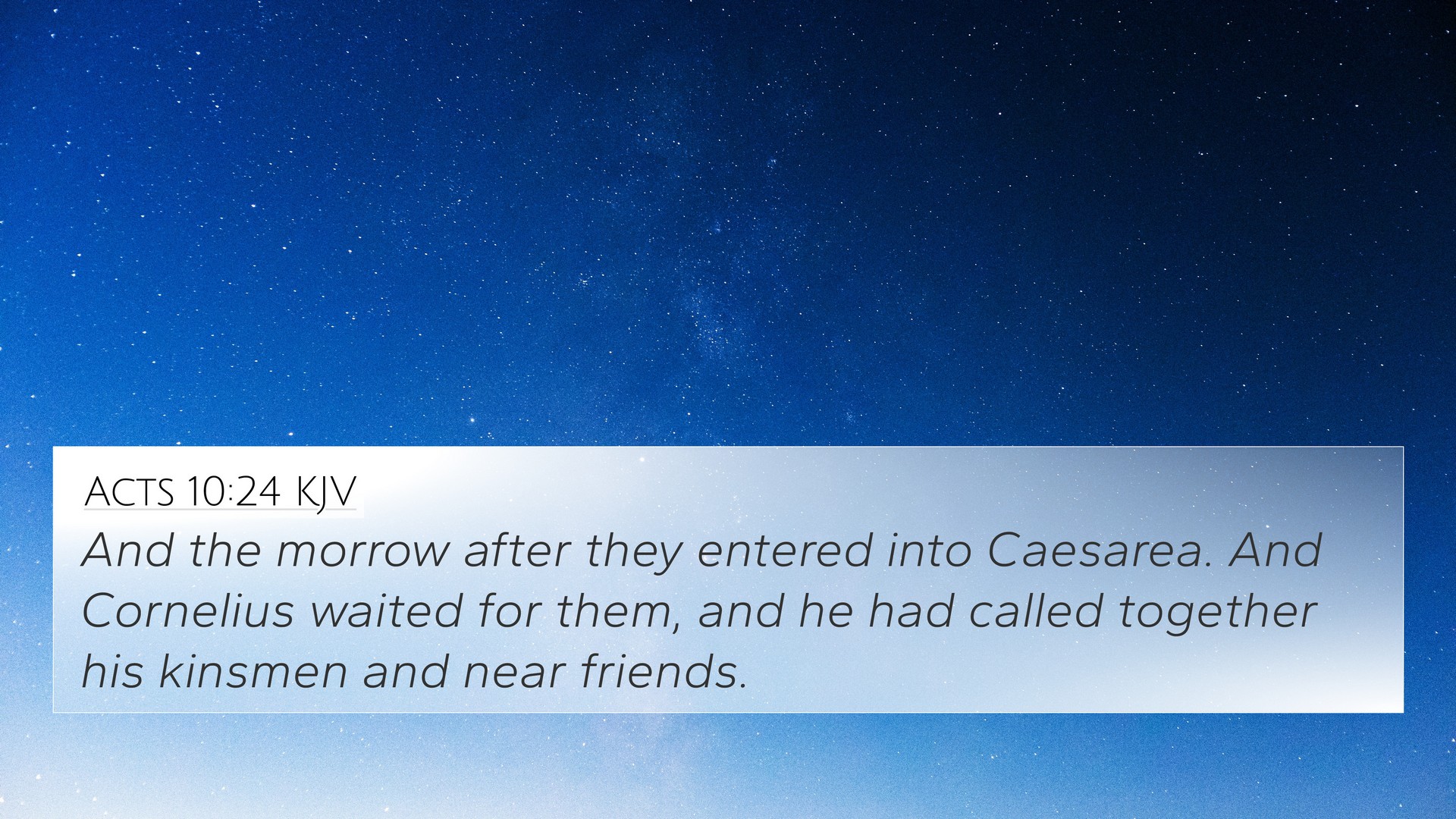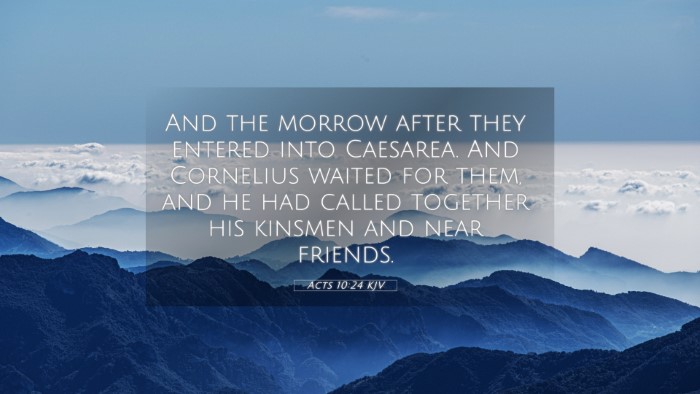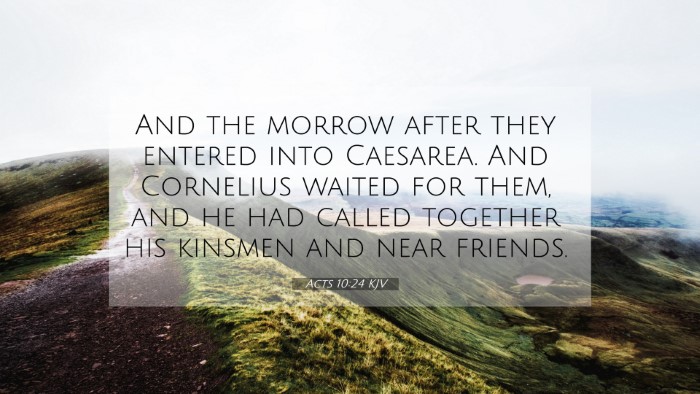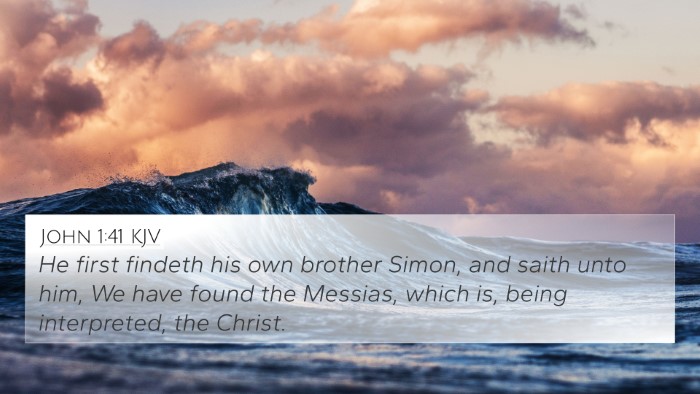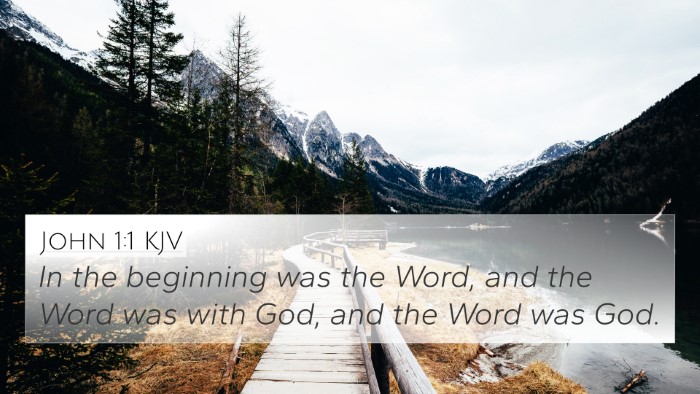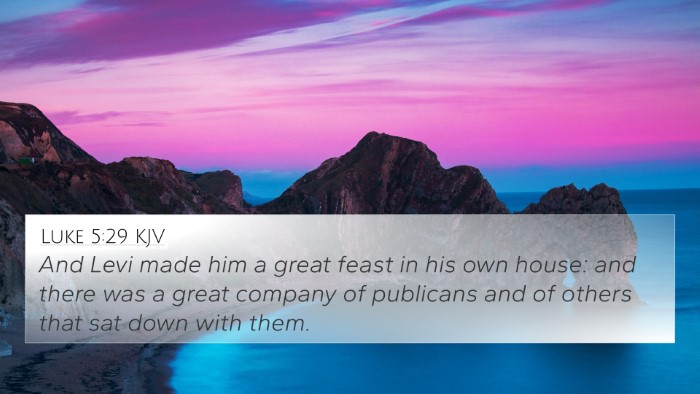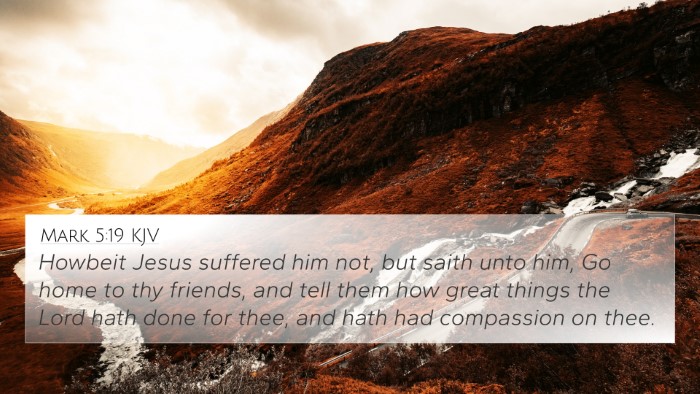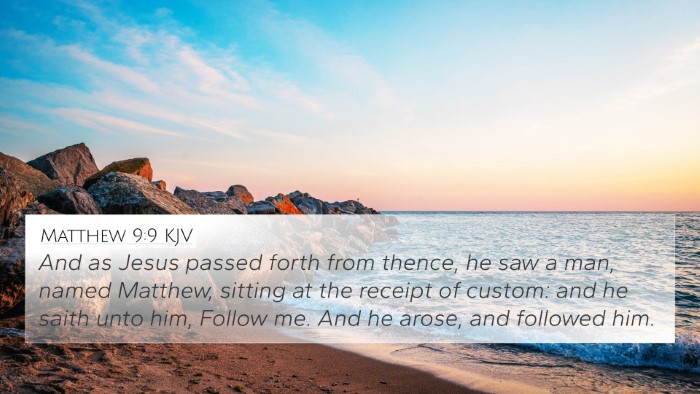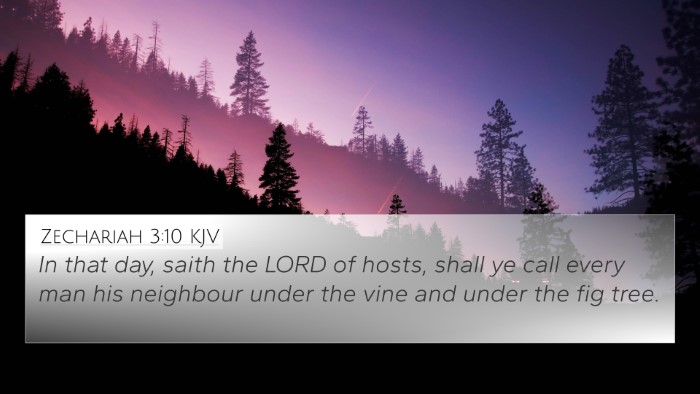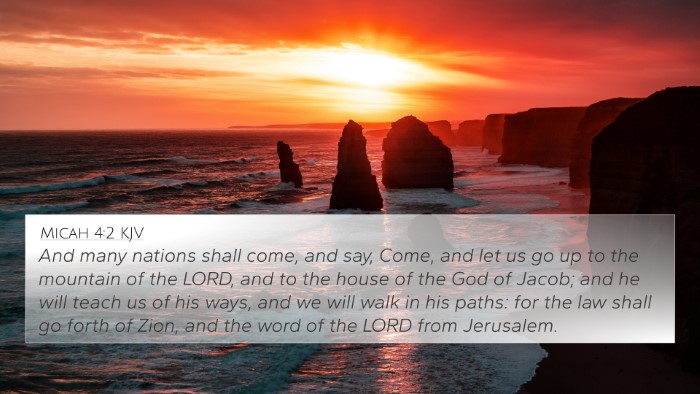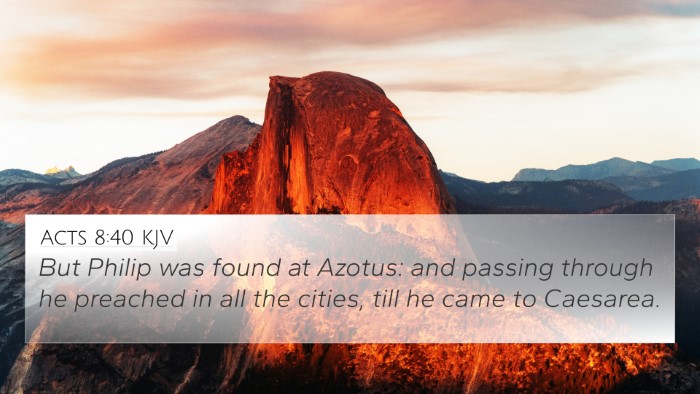Understanding Acts 10:24
Bible Verse: Acts 10:24
Verse Explanation: In Acts 10:24, we encounter Peter arriving at the house of Cornelius, a Roman centurion, highlighting the pivotal moment when the Gospel began reaching Gentiles. The context of this verse is crucial as it showcases the breaking down of prejudices against non-Jews and foreshadows the expansion of Christianity beyond Jewish communities.
Commentary Insights
Matthew Henry's Commentary
Henry emphasizes the significance of God's message being spread to the Gentiles, showcasing divine intent to graft in all people to the fold of Christ. He notes that Peter's decision to visit Cornelius was not merely a secular act but a divinely ordained mission that demonstrated God's impartiality.
Albert Barnes' Commentary
Barnes elaborates on Peter’s journey to meet Cornelius. He explains that this act symbolically transcended cultural barriers, highlighting the universality of the Gospel. It was a prelude to the inclusion of the Gentiles into God’s salvation plan, fulfilling the promise that all nations would be blessed.
Adam Clarke's Commentary
Clarke provides a detailed examination of Cornelius' character and the implications of his conversion. He suggests that Cornelius represents those who, while being outside the Judaic tradition, are seeking God’s grace and are receptive to His will. The interaction between Peter and Cornelius illustrates the transformative power of faith across racial and national divides.
Connections to Other Scriptures
Acts 10:24 connects deeply with various scriptures throughout the Bible, which underscore its themes of inclusion and divine purpose:
- Matthew 28:19-20: The Great Commission emphasizes making disciples of all nations, paralleling Peter's visitation to Cornelius.
- John 10:16: Jesus speaks of having other sheep, symbolizing the Gentiles, connecting them to His fold.
- Galatians 3:28: Paul asserts that there is no distinction in Christ, echoing the inclusive message exhibited in Acts 10.
- Isaiah 56:6-7: A prophetic affirmation that foreign nations will come to worship God, aligning with the events in Acts 10.
- Acts 11:1-18: Peter recounts his experience with Cornelius, reinforcing the divine acceptance of Gentiles.
- Romans 1:16: Paul’s declaration that the Gospel is for everyone, first for the Jew, then for the Gentile, reflects the essence of Acts 10:24.
- Ephesians 2:14-16: This passage discusses Christ as our peace who has broken down barriers, which deeply relates to Peter witnessing Cornelius’s faith.
Thematic Connections
Acts 10:24 serves as a foundation for several thematic connections within the Bible:
- Divine Inclusivity: God's acceptance of Gentiles demonstrates the theme of universal access to salvation.
- Cultural Barriers: The breaking of Jewish-Gentile barriers is profound in the New Testament narrative.
- Obedience to God’s Leading: Peter’s willingness to follow God's direction serves as a model for Christians today.
- Faith and Works: Cornelius exemplifies faith in action, prompting divine revelation and the subsequent outpouring of the Holy Spirit.
Cross-Referencing Biblical Texts
This verse invites a multitude of cross-referencing opportunities, useful for deeper understanding and study:
- Utilizing a Bible concordance can help in locating related themes and reiterating the message of inclusivity found in Acts 10.
- Employing a Bible cross-reference guide allows for comparative analysis of similar events, highlighting the continuity of God's plan across the scriptures.
- Through Bible chain references, one can trace foundational doctrines of faith through the Old and New Testaments.
Conclusion
Acts 10:24 stands as a pivotal milestone in Christian theology, heralding the embrace of Gentiles into God's Kingdom. By studying and cross-referencing with other biblical texts, we deepen our understanding of the scriptures and their interconnectedness, revealing the grandeur of God's redemptive plan for all humanity.
This exploration through scriptural cross-referencing not only enriches our comprehension but also enhances our personal faith journeys as we uncover the intricacies and dialogues woven throughout the Bible.
